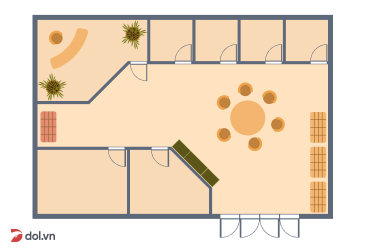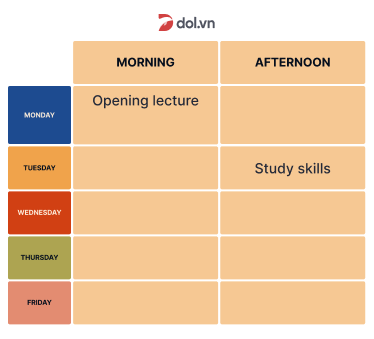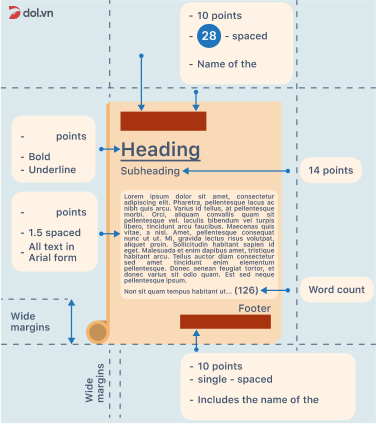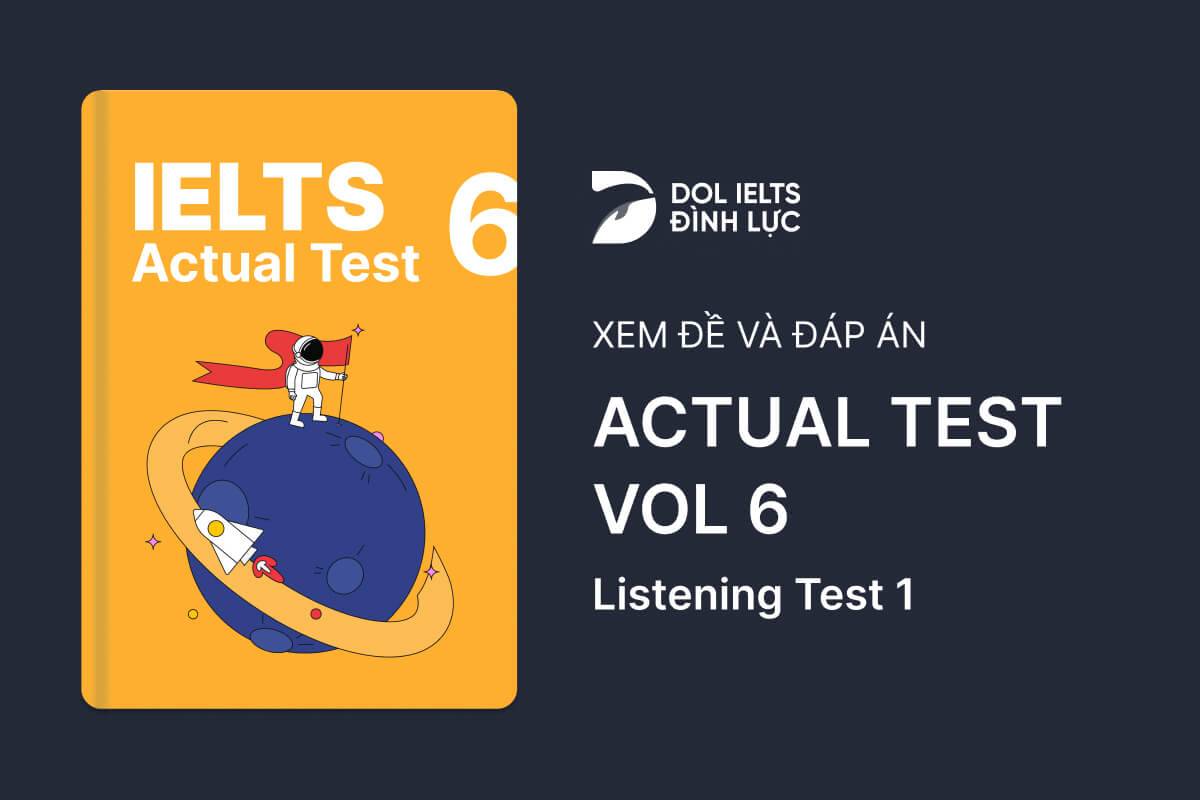Sam:
Hi Liz. How do you feel about starting university here?
Liz:
A little bit nervous, but I’m confident I can handle it. This orientation program seems like it will help us a lot.
Sam:
Sure. I’m looking at the timetable here myself. It seems that there are choices available.
Liz:
I can see. So, what are you going to do Monday afternoon? In the morning we all have the opening lecture, but it looks like we have a choice later that day, as you said.
Sam:
Well, the ‘Careers Lecture’ might be helpful, but I am interested in the ‘Uni Tour’. It’s probably too early to be thinking of careers now, anyway, and I want to know what’s what at this new university, so I’m doing the tour.
Liz:
Alright. I’ll come along with you. Might learn something interesting. After all, we haven’t seen much of this place yet, and we will be spending four years here.
Sam:
Tuesday is another full day, too. In the afternoon there’s a lecture about study skills, but that morning offers another choice.
Liz:
‘Library Tour’ or ‘Student Union Induction’. What do you think?
Sam:
I think the student union is very important, but we can go there any time, right, so we should take advantage of the library tour while it’s being offered. Maybe the week after, you and I can go to the student union.
Liz:
Library it is, then. Now, Wednesday has a free session in the morning, but after lunch there’s a choice between visiting the computer lab, or attending a lecture on our legal rights.
Sam:
Well, law and rights are important, but computers are the basis of everything these days, so I’m going to the computer lab.
Liz:
Don’t you think knowing our legal rights is equally, if not more, important? We live in a very litigious and complex society now.
Sam:
Sure, but it’s something we can pick up later, so let’s leave that one out.
Sam:
Let me see the timetable. Thursday is a free day, and the week winds up with some celebrations on Friday afternoon. It looks like a fun choice, too. There’s either a BBQ on the main lawn, or the dance.
Liz:
I never pass up the chance to eat something. What about you?
Sam:
If I can get a free meal, I’ll take it any day, and I’m not good at dancing anyway.
Liz:
Well, that’s that decided. Right?
Sam:
Guess what Liz? There’s another interesting thing in this orientation booklet, and it looks important -about a ‘style guide’.
Sam:
Take a look yourself. It seems to be a set of rules regarding how to present written work - essays, and that sort of thing - to the lecturers. They want a uniform style of presentation.
Liz:
I can see. So, everything we hand in must have a header and a footer.
Liz:
A header and a footer. The footer is at the bottom of the page, and the header is at the very top. That’s why they call it a ‘header’, you know, that little bit of writing giving details about the work. And they also want the word count. Why do they need that?
Sam:
I guess because the lecturers will specify the number of words they want for their assignment, and they want to be sure students follow this.
Liz:
And even the heading on the page has to be a specific dimension. 16 points, and bold print, and underlined.
Sam:
And subheadings are 14 points, and the font has to be Arial for everything.
Liz:
Yes, the main text is Arial, too, as you said, and the size is 12 points, with the header and footer being slightly smaller, at 10 points each. Well, it seems logical. The size of everything is in proportion to its importance, but why do they need the spacing of the main text to be one and a half?The header and footer are different. They’re only single-spaced.
Sam:
Probably to allow the teacher to insert comments, or corrections, or just to make it all more readable, I suppose.
Liz:
And we need wide margins on the left, right, top, and bottom, probably for the same reason. Lots of space to allow the addition of comments. That’s a bit scary, actually. It seems to assume we will be making mistakes.
Sam:
And look what they want in the header and footer. The header has the name of the work.
Liz:
Not the name of the teacher?
Sam:
No, the work, but surely the teacher’s name must go somewhere. Ah, here it is. It goes in the footer.
Liz:
Okay, I’d say this is all logical. If a page is lost, say, falls to the floor, then with all this information, it can always be traced back to the teacher involved.
Sam:
Right - as you say, all very logical.
 Đáp án cần điền là tên địa điểm
Đáp án cần điền là tên địa điểm Nghe thấy "last month we went to Arthur Island, so this time we’re going to the... Animal Park"
Nghe thấy "last month we went to Arthur Island, so this time we’re going to the... Animal Park" 

 Nghe tới tên công ty EasyTravel
Nghe tới tên công ty EasyTravel  Nghe thấy "we specialize in eco-travel, or holidays designed to get you amongst nature, ignoring the hustle and bustle of big cities"
Nghe thấy "we specialize in eco-travel, or holidays designed to get you amongst nature, ignoring the hustle and bustle of big cities" 
=> Chọn đáp án B
=> Chọn đáp án B 
 Nghe tiếp thấy có nhắc tới Nepal, nhưng đây chỉ là một ví dụ nêu ra để minh họa cho nature
Nghe tiếp thấy có nhắc tới Nepal, nhưng đây chỉ là một ví dụ nêu ra để minh họa cho nature 


 Nghe thấy "what are you going to do Monday afternoon"
Nghe thấy "what are you going to do Monday afternoon"  Nghe tiếp thấy the ‘Careers Lecture’ might be helpful, but I am interested in the ‘Uni Tour’
Nghe tiếp thấy the ‘Careers Lecture’ might be helpful, but I am interested in the ‘Uni Tour’ 
=> Chọn đáp án G
=> Chọn đáp án G 
 Mình cần nghe xem behavior ở công viên được kiểm soát bởi ai/ cái gì
Mình cần nghe xem behavior ở công viên được kiểm soát bởi ai/ cái gì Nghe thấy "there are usually regulations about the sorts of behavior that can take place within"
Nghe thấy "there are usually regulations about the sorts of behavior that can take place within" 


